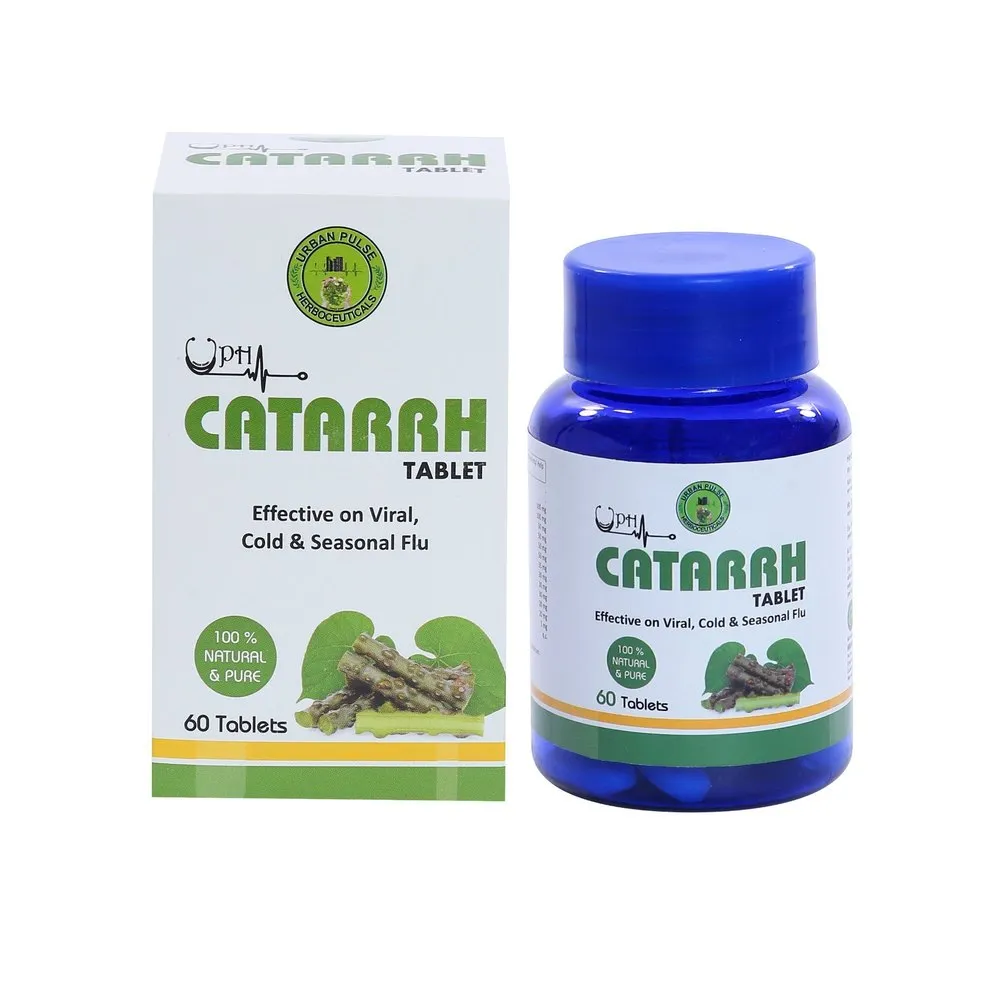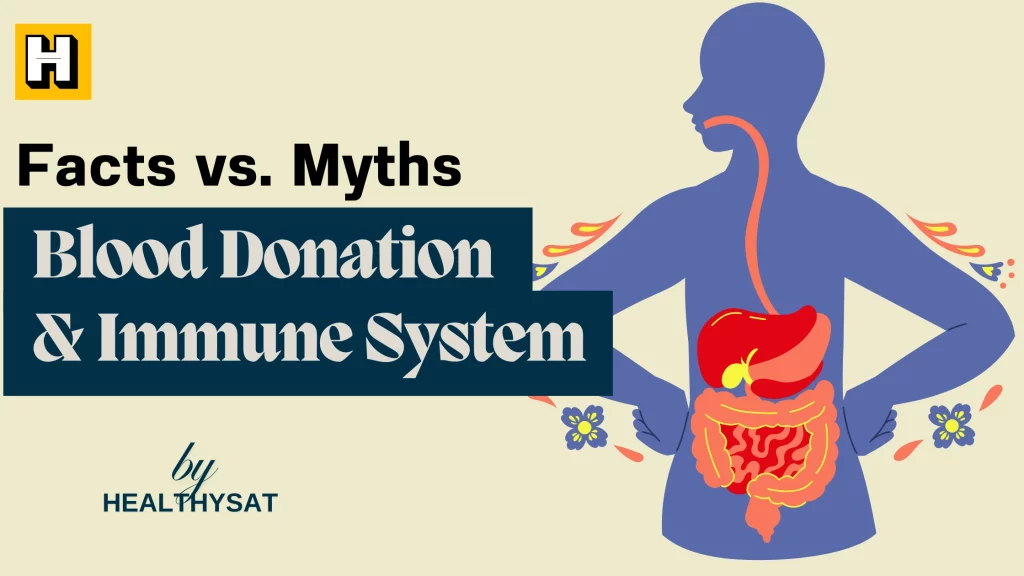Have you ever experienced the discomfort of catarrh? The constant coughing, nasal congestion, and general malaise can make everyday activities challenging. Fortunately, there are many remedies available, including catarrh tablets. In this article, we’ll explore what catarrh is, what causes it, and how catarrh tablets can help alleviate symptoms.
Understanding Catarrh
Catarrh is a condition characterized by excessive mucus production in the respiratory system. It can affect the throat, nose, sinuses, and ears. The excess mucus can cause symptoms such as coughing, sore throat, difficulty breathing, and congestion. An infection, allergy, or irritation typically causes catarrh.
Causes of Catarrh
As mentioned, catarrh is often caused by an infection, allergy, or irritation. Some common causes of catarrh include:
- Cold and flu viruses
- Allergies to pollen, dust, or pet dander
- Sinus infections
- Exposure to air pollution
- Smoking or exposure to second-hand smoke
- Changes in temperature or humidity
Symptoms of Catarrh
The symptoms of catarrh can vary depending on the location of the excess mucus. Some common symptoms include:
- Persistent cough
- Nasal congestion
- Post-nasal drip
- Sore throat
- Ear pain or pressure
- Difficulty breathing
- Fatigue
How Catarrh Tablets Work
Catarrh tablets work by reducing the production of mucus and relieving inflammation. Most catarrh tablets contain active ingredients such as guaifenesin, an expectorant that thins mucus and makes it easier to expel. Other common ingredients include phenylephrine, which acts as a decongestant to reduce swelling in the nasal passages, and paracetamol, which helps to relieve pain and reduce fever.
Types of Catarrh Tablets
Many different types of catarrh tablets are available, each with its unique combination of active ingredients. Some of the most common types of catarrh tablets include:
Mucolytics: These tablets contain ingredients such as guaifenesin that help to thin mucus and make it easier to expel.
Decongestants: These tablets contain ingredients such as phenylephrine that help reduce nasal passages’ swelling and relieve congestion.
Pain relievers: These tablets contain ingredients such as paracetamol that help to relieve pain and reduce fever.
Combination tablets: These tablets contain active ingredients to relieve multiple symptoms.
How to Take Catarrh Tablets
It’s essential to follow the instructions on the packaging when taking catarrh tablets. Most catarrh tablets are taken orally with a glass of water. Some tablets may need to be taken with food to avoid stomach upset. It’s important to stay within the recommended dosage, which can cause adverse side effects. If symptoms persist or worsen, it’s best to consult a healthcare professional.
- Neurovit Forte: A Comprehensive Guide for Nerve Pain Relief
- The Side Effects of Postinor 2 on Menstruation: What You Need to Know
- Poor Oral Hygiene: Causes, Effects, and Treatment
- Malaria and Typhoid Symptoms: Understanding the Differences and Similarities
- Vitamins for Bigger Buttocks and Hips in Nigeria
Side Effects of Catarrh Tablets
While catarrh tablets are generally safe, they can cause side effects in some individuals. Common side effects of catarrh tablets include:
- Dizziness
- Drowsiness
- Nausea
- Stomach upset
- Headache
If you experience any severe or persistent side effects, it’s essential to seek medical attention immediately.
Precautions When Taking Catarrh Tablets
Before taking catarrh tablets, it’s important to consider any preexisting medical conditions and medications you may be taking. Individuals with high blood pressure or heart disease should avoid taking decongestant catarrh tablets without consulting a healthcare professional. Pregnant or breastfeeding women should also consult a doctor before taking any medication.
It’s important to note that catarrh tablets are not suitable for everyone. Alternative remedies such as nasal sprays, steam inhalation, and saline rinses may be more appropriate for some individuals.
Choosing the Right Catarrh Tablets
With so many catarrh tablets available, knowing which one to choose can be challenging. Some factors to consider when choosing catarrh tablets include:
- The type of symptoms you’re experiencing
- Any preexisting medical conditions or medications
- Any allergies or sensitivities
- Your age
It’s best to consult with a healthcare professional before choosing catarrh tablets, as they can provide personalized recommendations based on your individual needs.
Tips for Managing Catarrh
While catarrh tablets can relieve symptoms, you can also make some lifestyle changes to help manage catarrh. Some tips for managing catarrh include:
- Stay hydrated by drinking plenty of water and avoiding alcohol and caffeine.
- Use a humidifier to keep the air moist and reduce irritation in the throat and nose.
- Avoid allergens such as pollen, dust, and pet dander.
- Quit smoking or avoid exposure to second-hand smoke.
- Practice good hygiene by washing your hands frequently and avoiding close contact with individuals who are sick.
Conclusion
Catarrh can be frustrating and uncomfortable, but many remedies can provide relief. Catarrh tablets effectively reduce mucus production and relieve inflammation, but it’s important to choose the right type of tablets and take them as directed. Individuals can manage catarrh symptoms and improve their quality of life by combining catarrh tablets with lifestyle changes such as staying hydrated and avoiding allergens.
FAQs
Q1: Can catarrh tablets be taken with other medications?
It’s essential to consult a healthcare professional before taking catarrh tablets with other medications, as they can interact with some medications and cause adverse side effects.
Q2: How quickly do catarrh tablets work?
The onset of action can vary depending on the type of catarrh tablet and the individual’s response. Catarrh tablets generally start to work within 30 minutes to an hour.
Q3: Can children use catarrh tablets?
It’s important to follow the instructions on the packaging and consult a healthcare professional before giving catarrh tablets to children.
Q4: Can catarrh tablets cause addiction or dependency?
No, catarrh tablets do not cause addiction or dependency.
Q5: Can catarrh tablets cure catarrh?
Catarrh tablets can provide relief from symptoms, but they do not cure catarrh. Identifying and treating the underlying cause of catarrh is essential for long-term relief.







